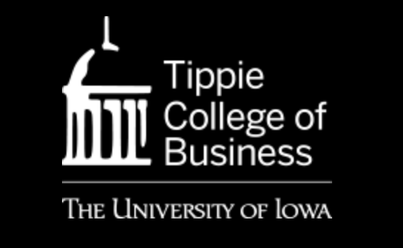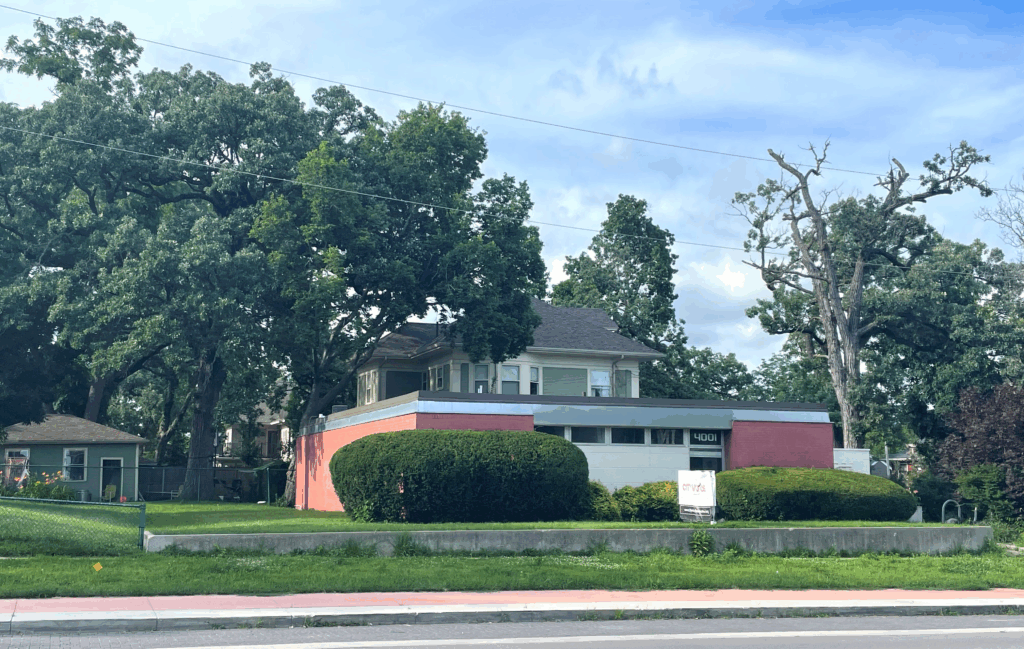What the change to WDM’s conduit network budget means

SARAH BOGAARDS Mar 10, 2022 | 9:24 pm
2 min read time
423 wordsAll Latest News, Government Policy and Law, Innovation and EntrepreneurshipIn January, the city of West Des Moines proposed an amendment to its Economic Development Digital Enterprise Urban Renewal Plan to increase the not-to-exceed cost of the citywide conduit network from $50 million to $60 million, citing supply chain issues.
After a required public hearing on the amendment, the City Council passed the measure at its Feb. 21 meeting, giving the city the ability to borrow up to $60 million in general obligation urban renewal bonds, up from the original borrowing authority of $42.8 million.
Also approved at the meeting was allocating $7.6 million of the city’s American Rescue Plan Act funds to the project to help defray the total amount borrowed.
But the urban renewal bonds, a type of debt sold by the city to investors and then paid back using city revenues over time, will be the primary form of financing.
In this case, the revenue will come from broadband providers’ payments for licensing space in the conduit and a portion of the city’s share of property tax revenue.
The funds will first go toward ongoing system repairs and maintenance of the conduit network, and second to repaying the bonds plus interest.
West Des Moines’ Finance Director Tim Stiles said the city’s borrowing will not result in higher property tax rates for residents, which is possible in part because property tax revenue in the city has grown in recent years.
Between FY 2019-20 and FY 2020-21, the city’s property tax revenue increased by more than $2.5 million. Of the total $59.9 million generated in property tax revenue in 2020-21, the city used $1.4 million, or 2.3%, to repay bonds sold to fund the conduit network.
The city does not intend to fund the project with tax-increment financing, which would result in taxes levied by schools, counties, hospitals and other entities being redirected to the city.
If the city decided it wanted to use TIF, which Stiles said would only happen if property tax revenue became an untenable source of income, it would be required to take input from the entities giving up portions of their tax revenue and hold public hearings.
“Cities, in my mind, need to be a little judicious on using TIF, and only [use it] where it’s really necessary and benefits everybody,” Stiles said.
A lawsuit filed by Mediacom contested the city’s use of general obligation urban renewal bonds, but a judge dismissed that claim in May 2021.
Read more about reasons for the budget change and how citywide broadband could expand in this week’s innovationIOWA Weekly newsletter










